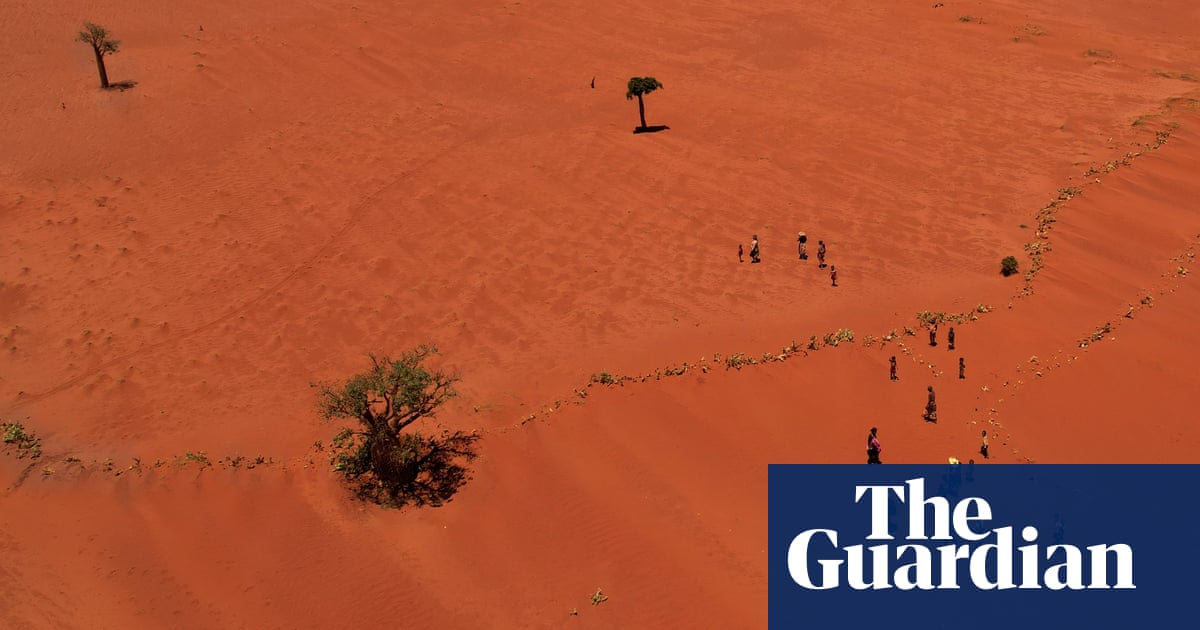Humanity is “on the precipice” of shattering Earth’s limits, and will suffer huge costs if we fail to act on biodiversity loss, experts warn. This week, world leaders meet in Cali, Colombia, for the Cop16 UN biodiversity conference to discuss action on the global crisis. As they prepare for negotiations, scientists and experts around the world have warned that the stakes are high, and there is “no time to waste”.
“We are already locked in for significant damage, and we’re heading in a direction that will see more,” says Tom Oliver, professor of applied ecology at the University of Reading. “I really worry that negative changes could be very rapid.”
Since 1970, some studies estimate wildlife populations have declined on average by 73%, with huge numbers lost in the decades and centuries before. Passenger pigeons, the Carolina parakeets and Floreana giant tortoises are among the many species humans have obliterated. “It’s shameful that our single species is driving the extinction of thousands of others,” says Oliver.
The biodiversity crisis is not just about other species – humans also rely on the natural world for food, clean water and air to breathe. Oliver says: “I think we will, certainly, in the next 15 to 20 years, see continued food crises, and the real risk of multiple breadbasket failures … that’s in addition to a lot of the other risks that might impact us through fresh-water pollution, ocean acidification, wildfire and algal blooms, and so on.”



“On the verge” is probably the exact wrong phraseology to prevent the message from getting old and tired. To an Earth scientist the next century is an instant, but most people don’t think that way.
The lobbies of industries profiting from the destruction of the environment target both messages though:
“Ah you see, we are not there yet, got plenty of time” and “now it is too late anyways, why bother? Just enjoy what little luxury we can sell you for now.”
Meanwhile even people in areas struck by floods and storms with increased intensities and frequency directly linked to climate change still vote for denial or passivity instead of action.
Yes, at the end of the day, I’m not sure any type of message packaging will be effective enough. People care abstractly about climate change, but not enough to make any of the needed personal sacrifices right now.